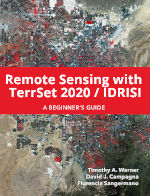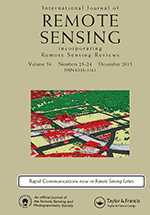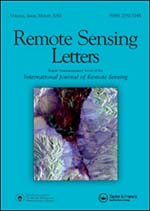Latest publications:
Li,W., D Li, T. A. Warner, S. Liu, F. Baret, P. Yang, J. Jiang, M. Dong, T. Cheng,
Y. Zhu, W. Cao, and X. Yao, 2025.
Improved generality of wheat green LAI models through mitigation of the effect of
leaf chlorophyll content variation with red edge vegetation indices.
Remote Sensing of Environment
318, 114589.
DOI:
10.1016/j.rse.2024.114589
Zhou, M., J. Zhu, H. Ai, Y. Zhang, T.A. Warner, H. Zheng, C. Jiang, T. Cheng, Y. Tian, Y. Zhu, and W. Cao, 2025.
A in-seasonal phenology monitoring approach for wheat breeding accessions with time-series RGB imagery by using a combination KNN-CNN-RF model.
ISPRS Journal of Photogrammetry and Remote Sensing 227, 297-315.
DOI:
10.1016/j.isprsjprs.2025.06.015
Free link to download until August 12, 2025.
Remote Sensing in the Geology and Geography Department at WVU
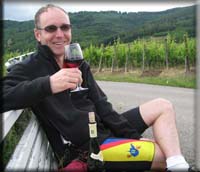
Note: I retired in 2020, and therefore I am not taking on new students or post docs.
Remote sensing is an exciting field of study, especially with the current interest in lidar, high spatial resolution imagery, artificial intelligence, and deep learning. In the Department of Geology and Geography at WVU, remote sensing is part of a core emphasis on Geographic Information Science (GISc).
My research interests include lidar, thermal imagery, the spatial properties of remotely sensed images, wildfire mapping, machine learning classification and accuracy assessment. I have a particular interest in the use of remote sensing for promoting transparency and non-proliferation. A list of past students is available here.
The Cooperative Ecosystems Studies Units (CESU) highlighted training in remote sensing that I periodically help provide to the US Natural Resources Conservation Service (NRCS).
I occasionally run workshops on how to write and publish remote sensing papers.


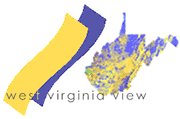 Free satellite imagery, lidar data, and other imagery
Free satellite imagery, lidar data, and other imagery


